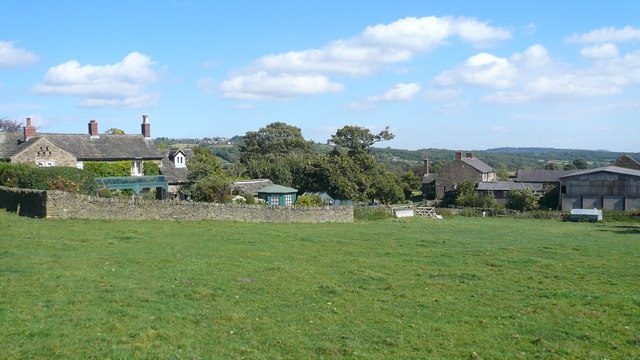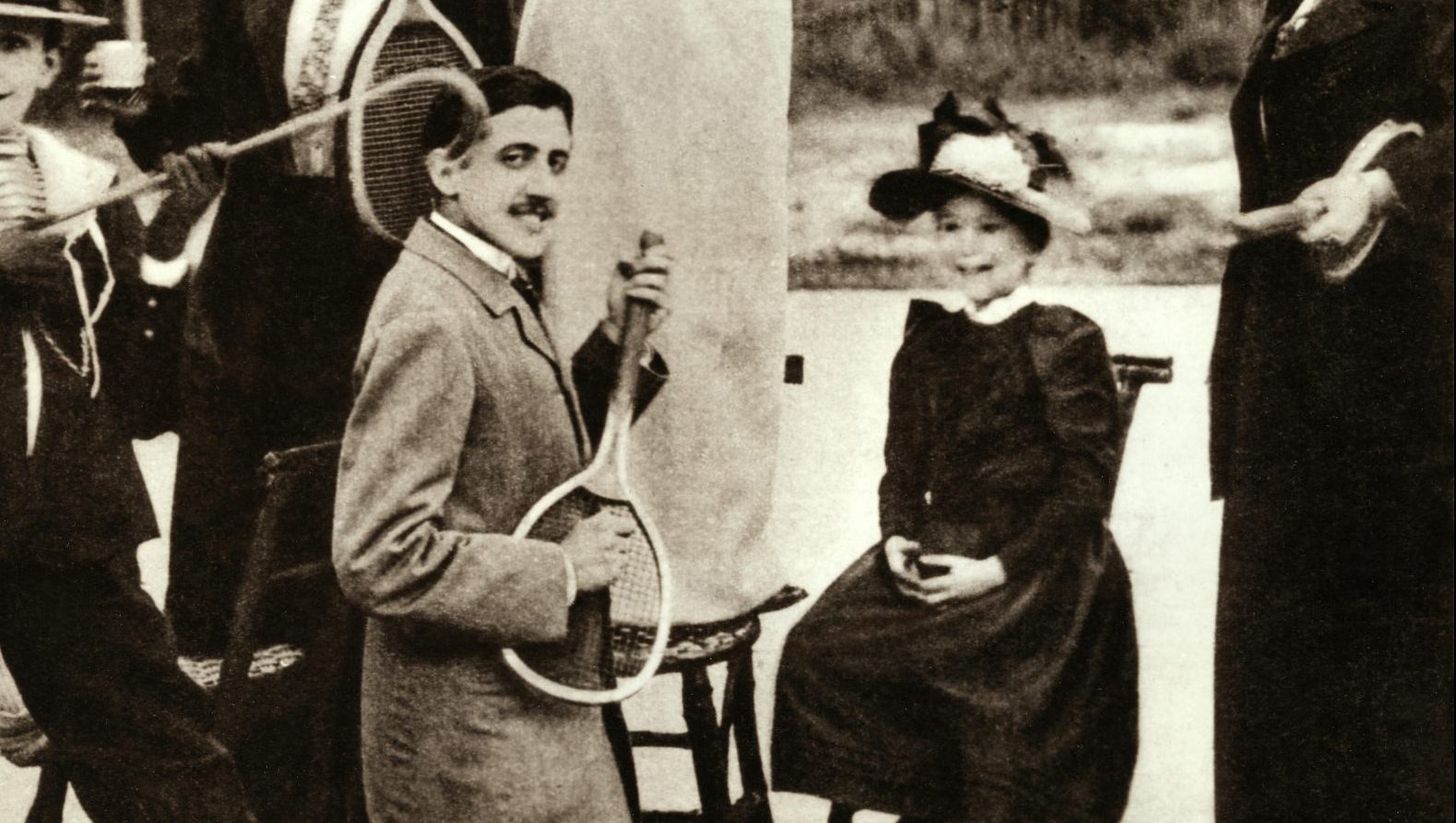The negative prefix corresponding to English un-, “not”, is found in all the modern Germanic languages. The equivalent in Scots and German is also un-, in Dutch it is on-, in West Frisian ûn-, and North Frisian ün-. The Scandinavian languages have lost the n, so in Norwegian and Danish the equivalent prefix is u-, in Swedish o-, and in Icelandic and Faroese ó-.
It is interesting to see how differently this same prefix behaves in the particular sister languages. In northern Swedish dialects it can be used very broadly: speakers can say jag är oäten, “I am un-eaten” = “I haven’t eaten”, and nyckeln är oi, “the-key is un-in” = “the key is not in [the lock]”.
In German there is the delightful word Unwetter – literally “un-weather” – which does not exist in English, although was used in mediaeval English. Of course, in German it does not mean “not weather”; instead the negative prefix conveys the meaning of “undesirable, not wanted”. The best translation for Unwetter is “storm”. Norwegian similarly has u– plus vær, “weather”, to give uvær, “storm”, and Swedish has oväder.
Another comparable German word is Unkraut, “weed”, again with no direct English counterpart. Kraut means “herb, foliage”, so Unkraut is basically “un-plant”. A weed is, of course, technically a plant, so the meaning of Unkraut has to be “unwanted plant”. The Norwegian equivalent is ugras “un-grass”.
It would be fun if we could use unweather and ungrass in English, but that would not be easily possible. English grammar permits us to make very many adjectives negative by placing un– in front of them: unwell, unpleasant, undesirable, unnecessary… We can do the same thing with nouns derived from adjectives, so unhappy can produce unhappiness, and unkindness can be derived from unkind. But our grammar does not allow us to do this very readily with most basic, non-derived nouns.
We do have the words unreason and unease. But unluck is not possible in English, though the German equivalent Unglück means “accident, misfortune”. German also has Unsinn, Unlust, Unart, Unding and Unrecht, but we do not – and it seems that we could not – have the equivalent forms unsense, undesire, unmanner, unthing or unright. Instead, English speakers use clumsiness, nonsense, reluctance, bad behaviour, absurdity and injustice for these concepts.
It was not always so. German Undank, “ingratitude”, has no equivalent in modern English.
We do not have a word unthank – but we used to. There are several small villages in northern England which go by the name of Unthank – in Cumberland, Northumberland, Yorkshire and Derbyshire. It was the name given by Old English speakers to settlements which arose without consent, in other words through illegal squatting.
The surname derived from this place name will be known to fans of the folk group the Unthanks, led by Rachel Unthank, as well as to anybody who has travelled along Unthank Road in Norwich, which was originally Unthank’s Road, after the family who owned the land it was constructed on.
Old English had very many other similar forms which no longer occur, such as unlaw and unwisdom. Middle (mediaeval) English also included numerous un– words such as unchastity and unpayment which have now become rare. And in the same vein, older forms of Scots had nouns like unsufficience “lack of competence” and unsubjection “unsubmissive disposition”.
Unlockable
When prefixed to certain English verbs, un- does not really signify negation but rather the reversal of a process, as with unfold, undress, unwrap, unlock, unload. This has the interesting consequence that adjectives derived from these verbs can be ambiguous. Unlockable may mean “can be unlocked” but also “can’t be locked”.




